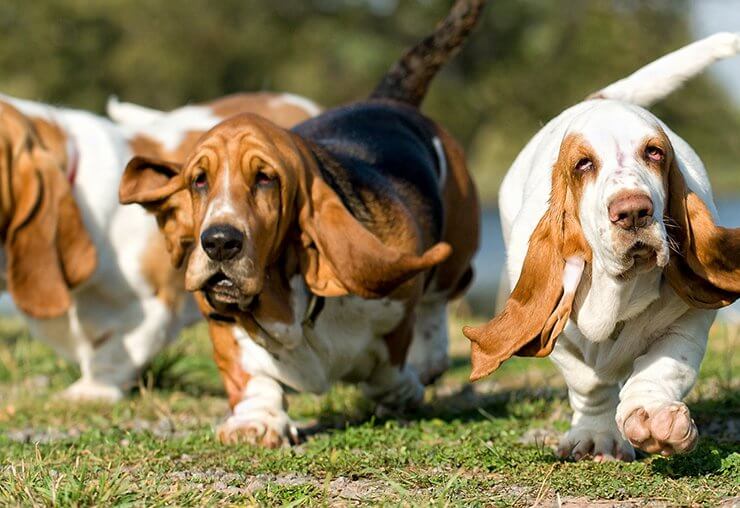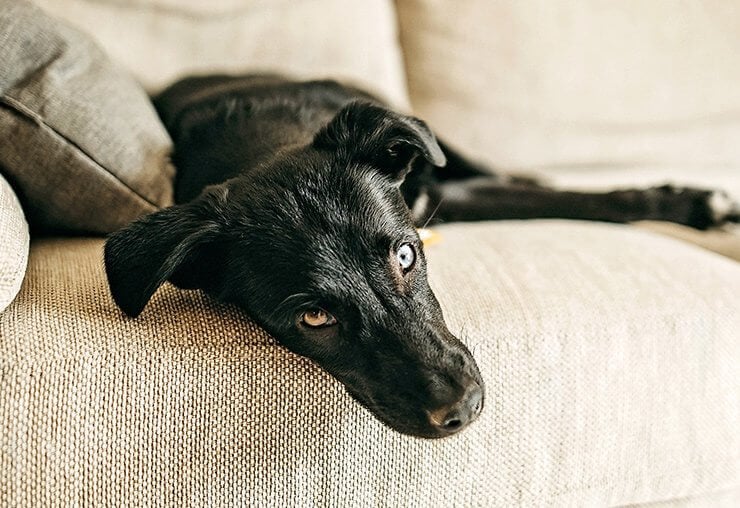French Bulldog
Huge fan of fun and great city dog
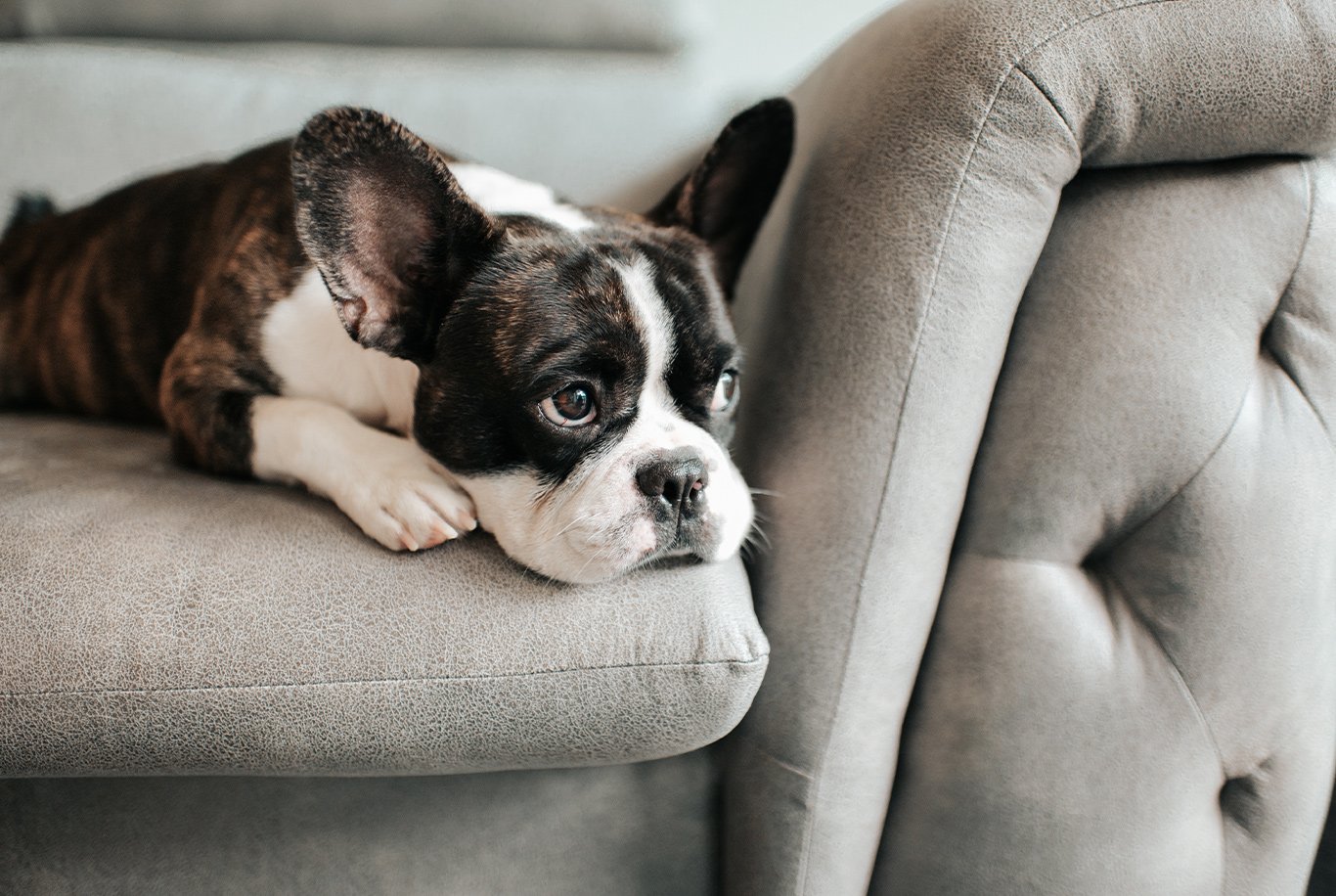
French Bulldog is a small yet muscular dog breed that resembles English Bulldog apart from the body size and large, erect “bat ears”. French Bulldog is one of the most popular small dog breeds and makes for a great dog, no matter if you live in the country or city centre.
 Country of origin: Country of origin: |
England, France |
 FCI group: FCI group: |
Group 9, Section 11 Small Molossian Dogs |
 Temperament: Temperament: |
Affectionate, Easygoing, Lively, Sociable, Keen, Alert, Patient, Bright, Playful, Athletic |
 Colors: Colors: |
Fawn, Brindle, White, Tan, Brindle & White |
 Weight: Weight: |
Male: 9 – 13 kg, Female: 8 – 12 kg |
 Height: Height: |
Male: 28 – 30 cm, Female: 28 – 30 cm |
 Life expectancy: Life expectancy: |
from 10 to 14 years |
French Bulldog puppies
Despite their overall even disposition, French Bulldogs can need a fair amount of training to make them great companions. With this breed, early socialization is necessary to promote good behaviour in the adult years. Although French Bulldogs can be a bit stubborn, at heart they are people pleasers, so training your French Bulldog puppy should not be too big of a challenge. Choosing the right motivation, for example, tasty treats like Agility or Bravo from Husse range, can aid in the training process. As obesity is quite popular among dogs of this breed you should give treats in moderation and feed your dog a well-balanced and healthy diet developed specifically for small dog breed puppies. Valp Mini from Husse is recommended for French Bulldog puppies.
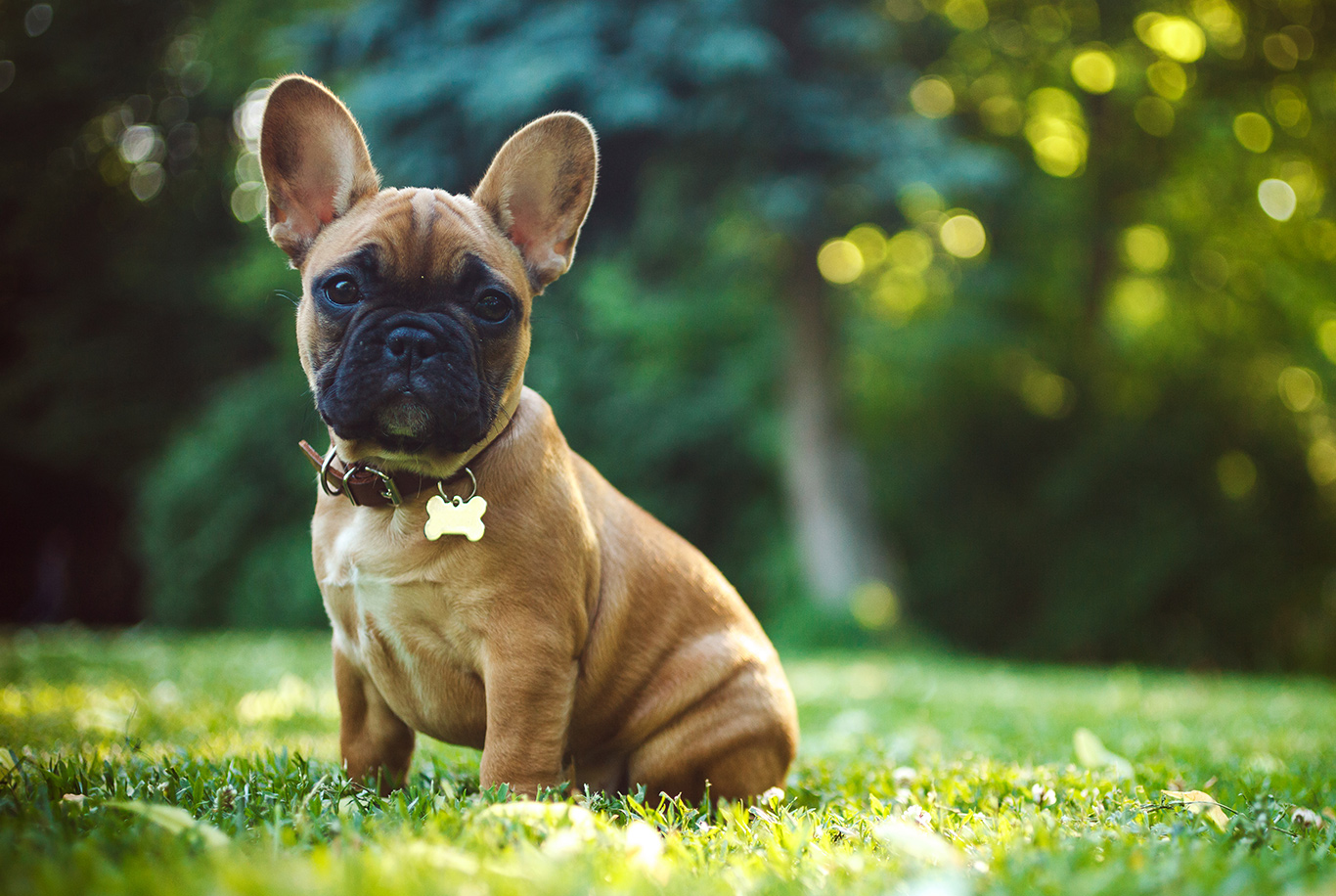
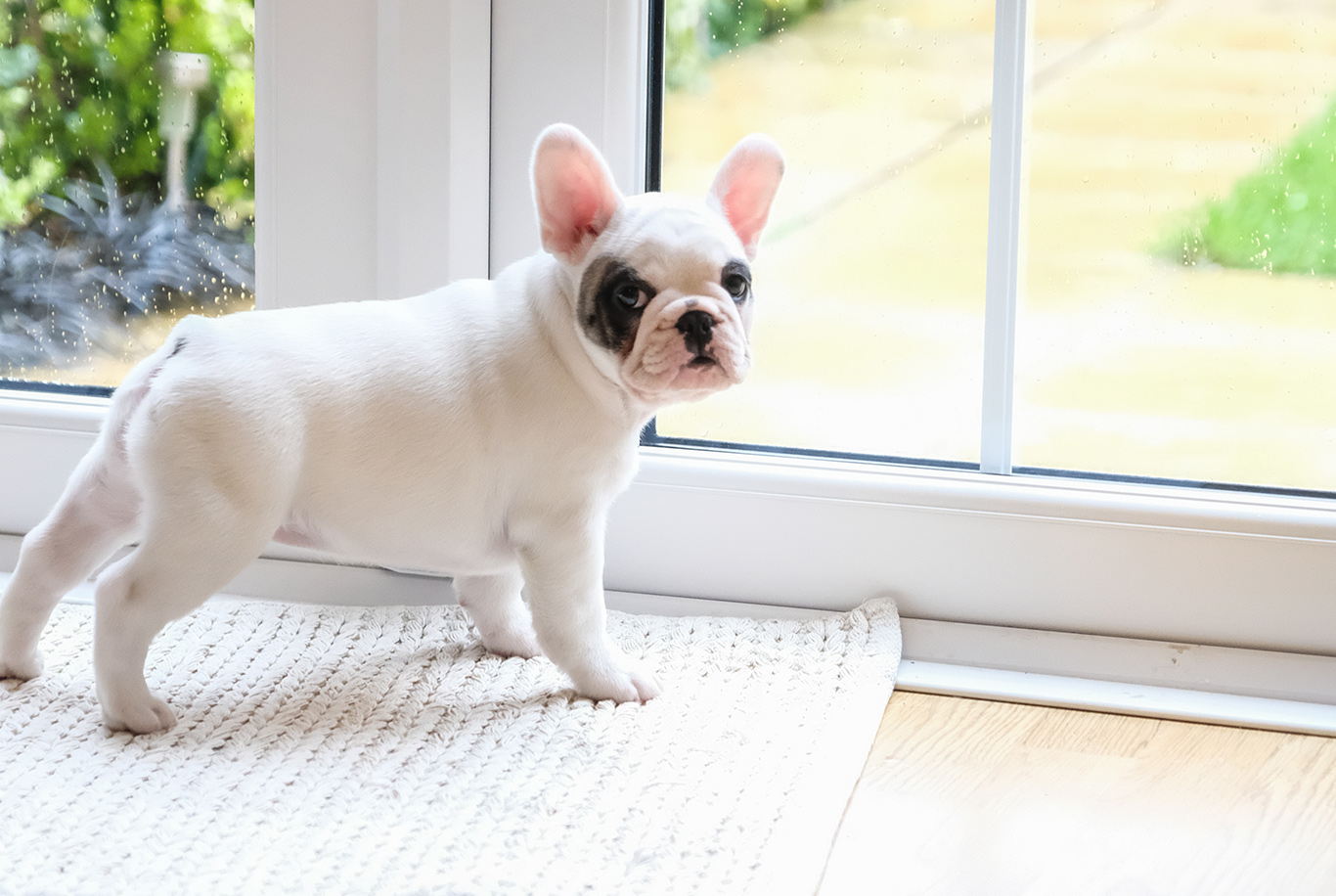
French Bulldog’s nutrition
French Bulldogs are prone to obesity, so watching their caloric intake as well as weight is a must. Feeding your dog a diet consisting of food made specifically for their size and age will help in keeping your dog in good shape. Optimal Mini from Husse range is small breed dry dog food crafted specifically to satiate all dietary needs of your French Bulldog. Since French Bulldogs are prone to obesity should your dog begin to gain weight rather quickly consider switching to Prima Plus for easier weight management. Since brachycephalic airway obstructive syndrome occurs in dogs of this breed it is important to supplement with electrolytes during warmer months (specifically in hot weather). As this breed can be prone to an assortment of diseases and disorders influencing bone and joint condition supplementation with glucosamine and chondroitin can prove beneficial, specifically in adult or older French Bulldogs. Artro Plus from Husse range is a great supplement, for your elderly dogs you should consider switching their diet to Senior from Husse range. Always remember to introduce a new diet with a transition period to prevent any problems with digestion.
Detailed description of French Bulldog
For the most part, French Bulldog does resemble an English Bulldog - both breeds are built rather muscularly, have short muzzles, wrinkly faces and short, smooth coats. But French Bulldog is smaller in size and has big bat-like ears that are considered a distinctive feature of this breed.
Genesis
Toy-size English Bulldogs gained popularity among residents of many English cities in the mid-19th century. Toy-sized Bulldog became somewhat of a mascot for lacemakers in Nottingham. With many craftsmen of the lace-making industry relocating to northern France, small Bulldogs were brought to France. These little dogs quickly became popular in the French countryside, where lacemakers settled. Over the next few decades in France, toy Bulldogs were crossed with many other breeds (records mention terriers and Pugs). In this process, the breed developed the famous bat ears and was given the name Bouledogue Français. Once the breed was discovered by citizens of Paris, French Bulldogs gained their reputation of an excellent city dog. By the end of the 19th-century breed’s popularity spread across Europe and America. In the early 1900s, French Bulldogs' bat ears were considered a correct breed type by American French Bulldog’s enthusiasts.
Appearance
French Bulldogs should be small in size, but with a muscular and compact build. French Bulldog’s head should be square in shape and large with their famous bat ears. With their short muzzles, these dogs are known as a flat-faced breed. Eyes should be dark, almost black. This dog breed has a short, single-layer coat that appears fine and smooth. French Bulldogs come in a few different colours of coat, most common being brindle, then fawn, with pieds being less common than the other colours. French Bulldogs in many aspects resemble bigger English Bulldogs, from which they were bred. Just like their bigger cousin, French Bulldogs have wrinkly faces with furrowed brows that give them an almost human-like range of facial expressions. As French Bulldogs tend to sit with their hind legs spread out, they were given the nickname of a “frog dog”.
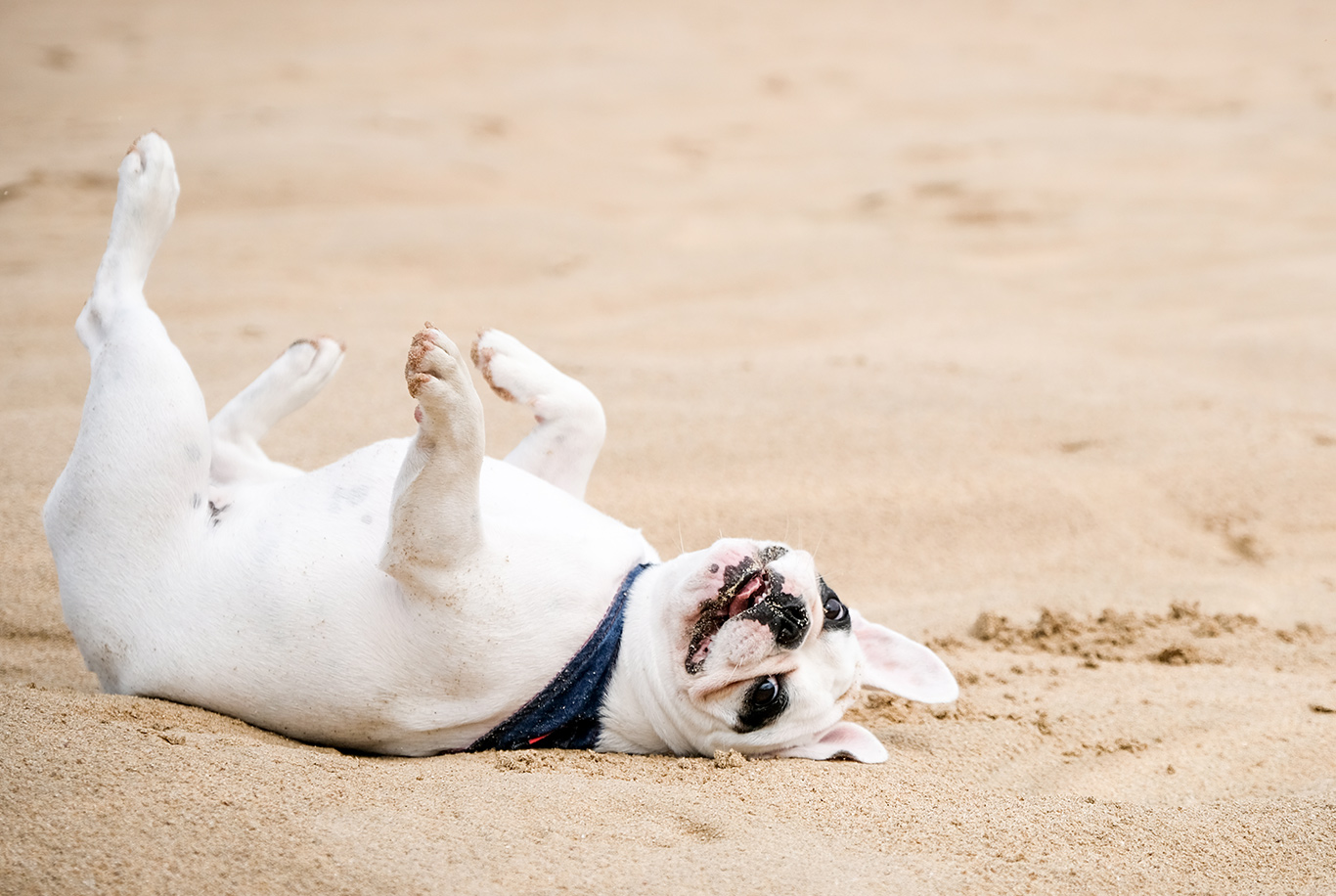
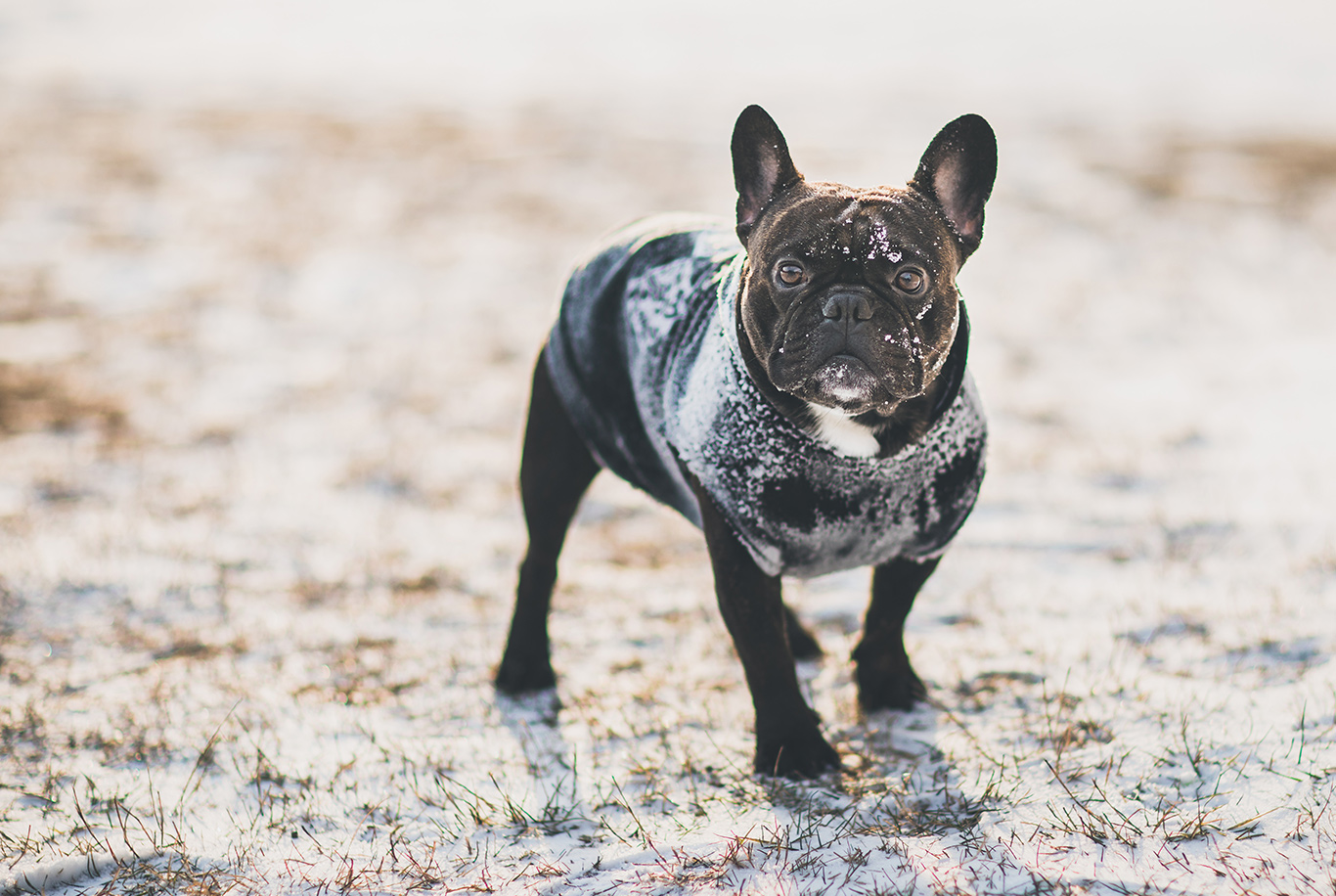
Behaviour
This breed is a huge lover of fun and a great companion. French Bulldogs love all the care and attention they can get from their humans to the point where when left alone for prolonged periods of time can develop separation anxiety. This may, in turn, lead to your calm and well-behaved French Bulldog becoming destructive and all the house-training going to waste. Dogs of this breed rarely bark and tend to get along well with other dogs or animals. French Bulldogs are affectionate, people-oriented and although they are most of the time agreeable you will find that they sometimes have a stubborn streak.
Requirements
There are some health issues in this particular dog breed that can easily be avoided with proper and regular care. As a flat-faced dog representative French Bulldogs do not require huge amounts of activity. A brisk walk should be more than enough to fulfil their exercise needs. French Bulldogs are known for having breathing problems and issues with regulating their body temperature. During hot weather, you should monitor your dog’s temperature and preferably keep your French Bulldog in an air-conditioned room. With their body structure where the front is much heavier than their back, French Bulldogs do not make for good swimmers and therefore should be kept away from any larger body of waters and never left unattended when bathed or near pools, rivers, ponds etc.
Daily care
The short coat sheds minimally, so a weekly brushing of your French Bulldog should suffice. You need to remember to clean between the folds of the skin on your dog’s face, as the neglect in hygiene can cause irritation of the skin and infections. This dog breed requires only occasional bathing. As French Bulldogs are prone to obesity daily weigh-ins are recommended. Trim your dog’s nails regularly, as if kept too long may cause pain in the paws.
 dr Anna Plummervet and blogger
dr Anna Plummervet and blogger
















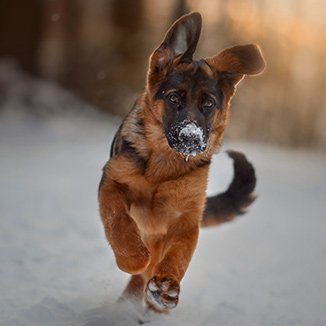 German shepherd
German shepherd Maltese
Maltese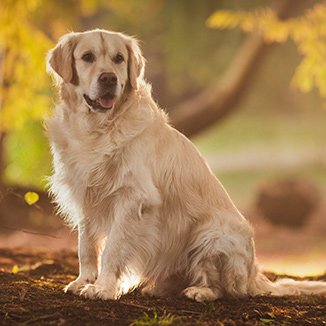 Golden retriever
Golden retriever Beagle
Beagle Rottweiler
Rottweiler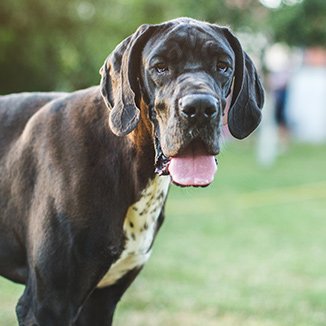 Great Dane
Great Dane Poodle
Poodle Siberian husky
Siberian husky French bulldog
French bulldog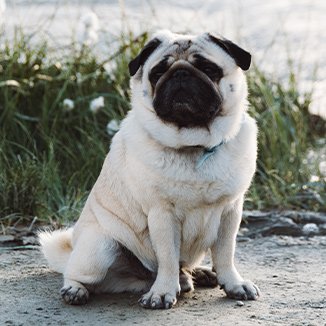 Pug
Pug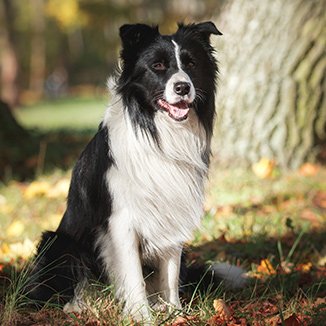 Border collie
Border collie Chihuahua
Chihuahua Pomeranian
Pomeranian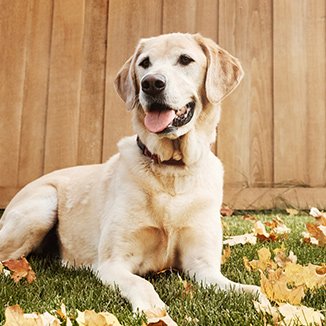 Labrador retriever
Labrador retriever English bulldog
English bulldog Chow chow
Chow chow Samoyed
Samoyed Cane corso
Cane corso Doberman
Doberman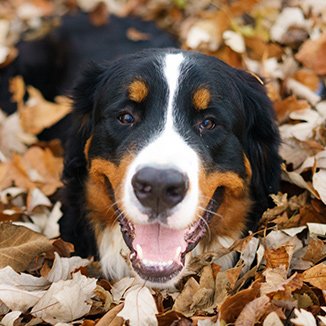 Bernese Mountain Dog
Bernese Mountain Dog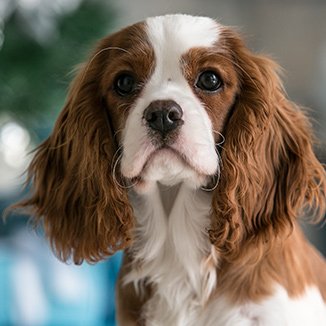 Cavalier King Charles Spaniel
Cavalier King Charles Spaniel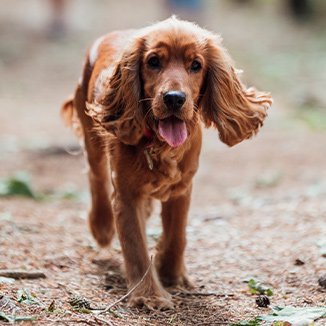 Cocker Spaniel
Cocker Spaniel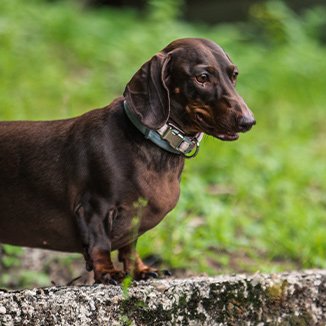 Dachshund
Dachshund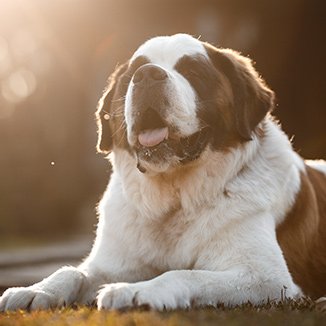 St. Bernard
St. Bernard Maine coon
Maine coon Ragdoll
Ragdoll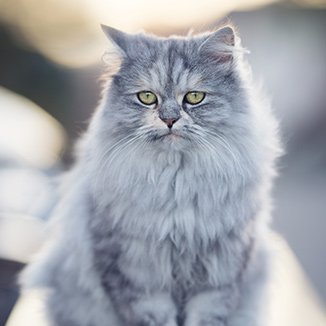 Persian cat
Persian cat Siamese cat
Siamese cat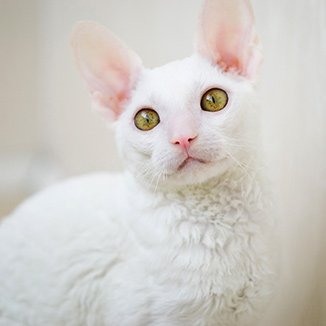 Cornish rex
Cornish rex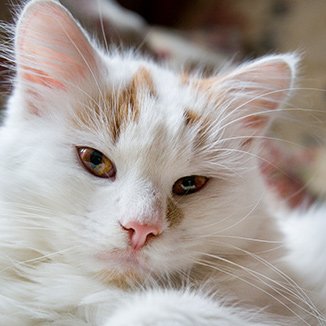 Turkish van
Turkish van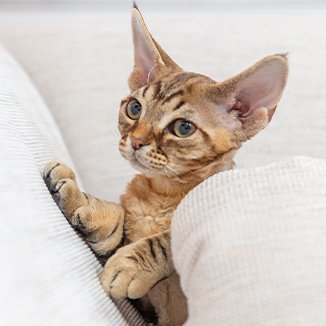 Devon rex
Devon rex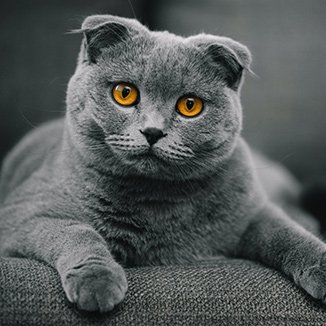 Scottish fold
Scottish fold Siberian cat
Siberian cat Selkirk rex
Selkirk rex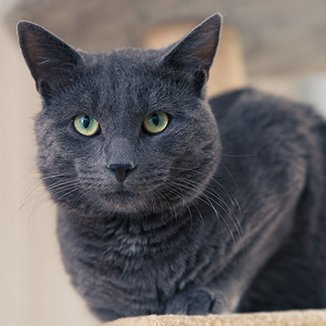 British shorthair
British shorthair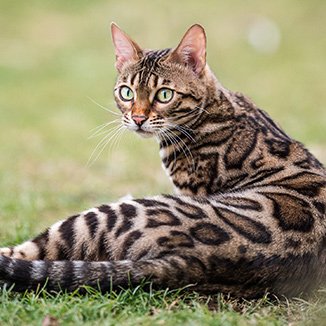 Bengal cat
Bengal cat1.jpg)
